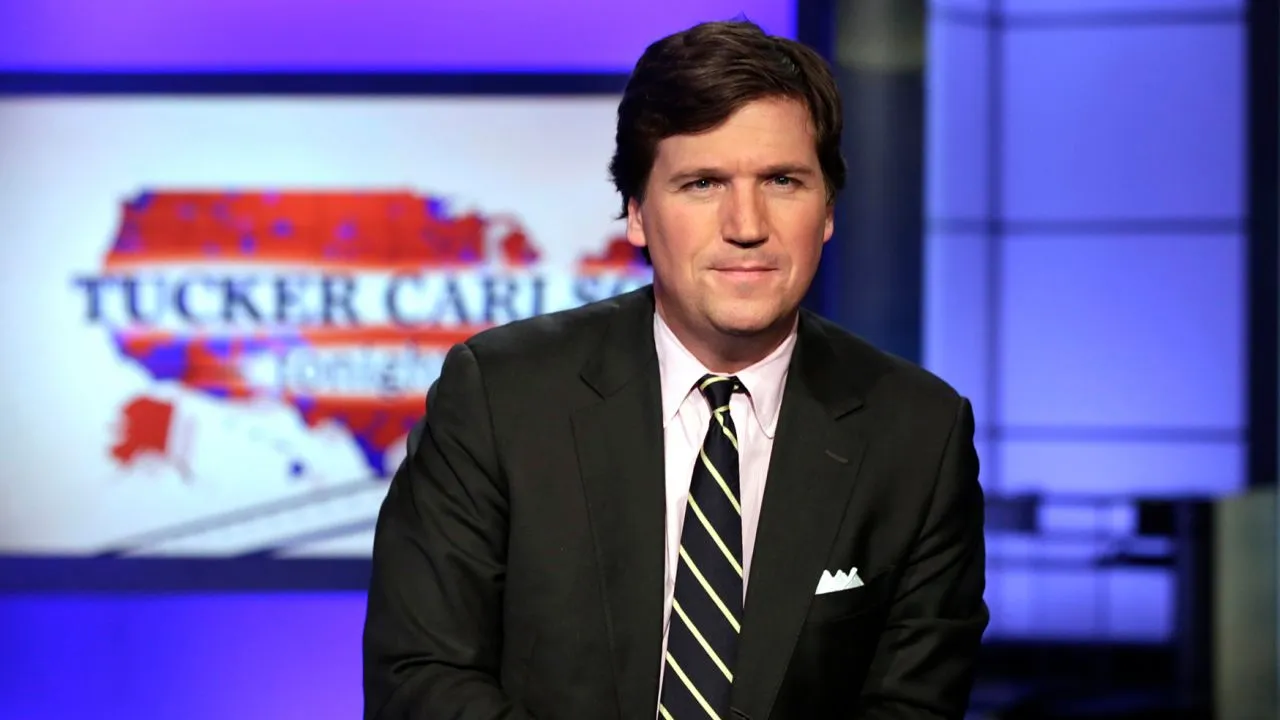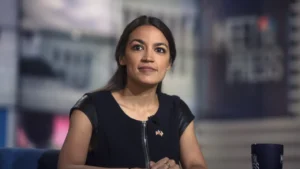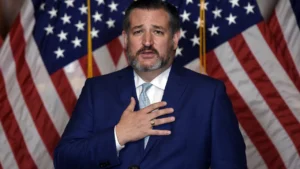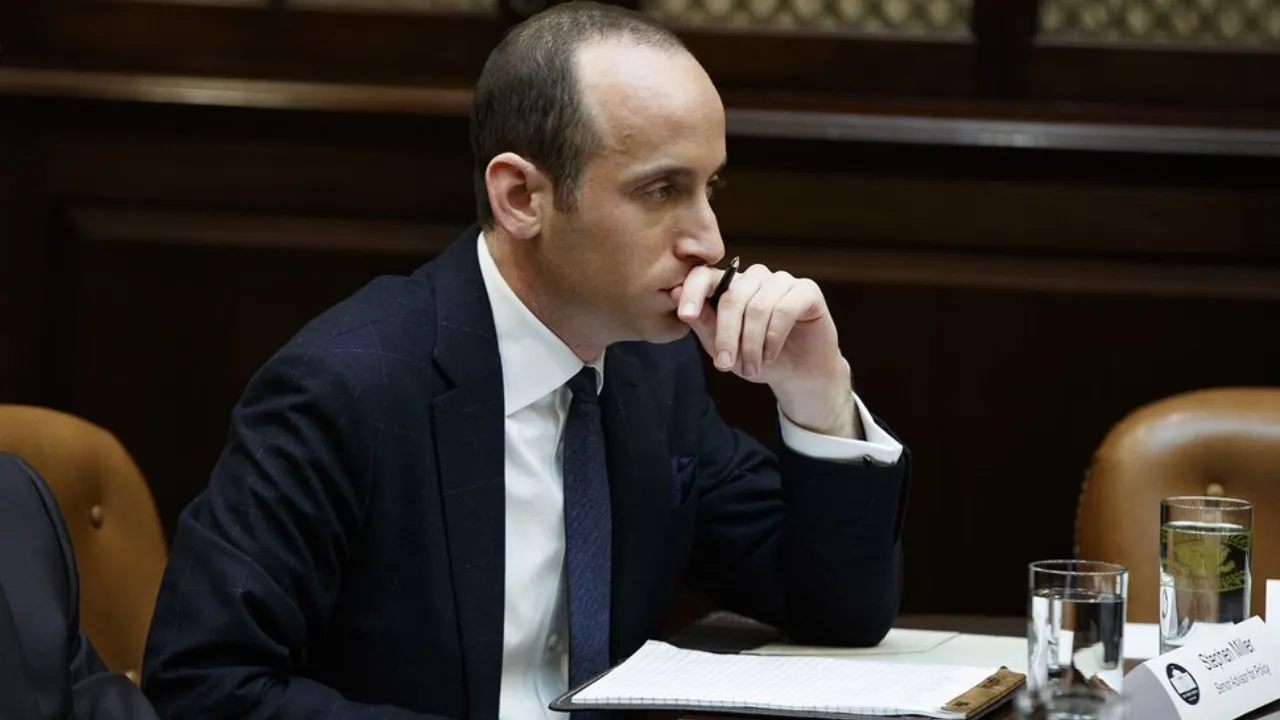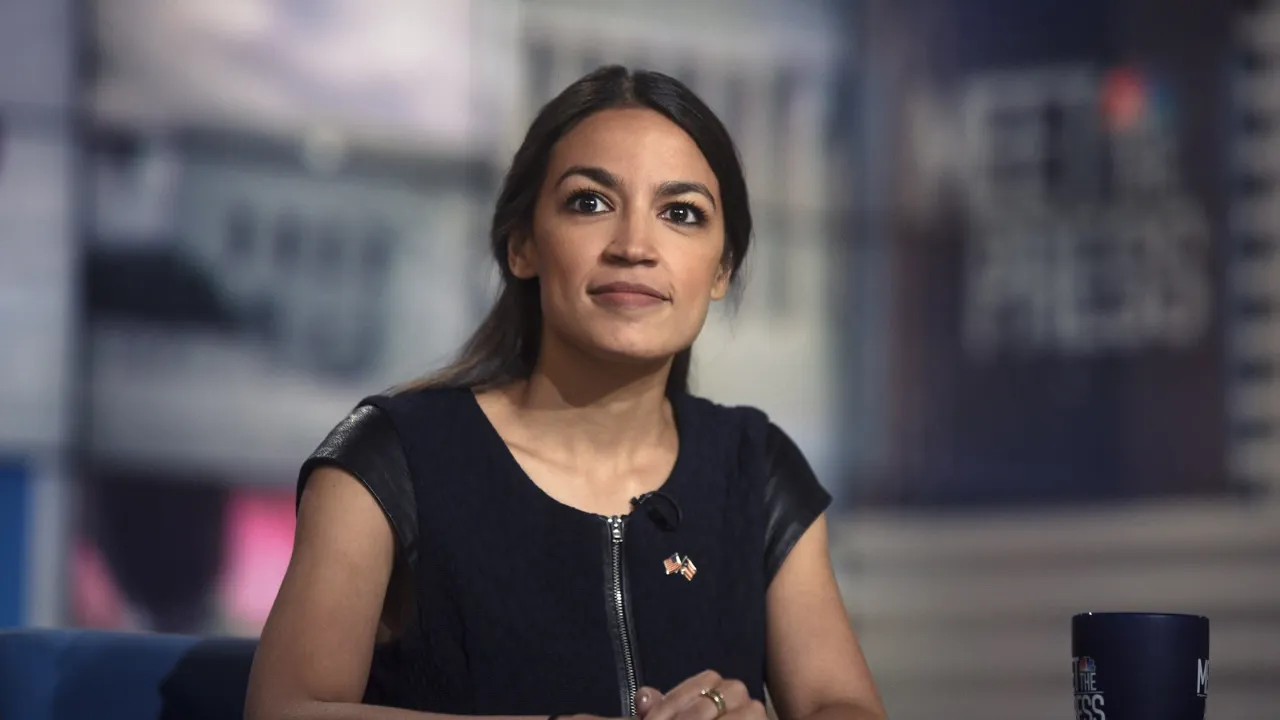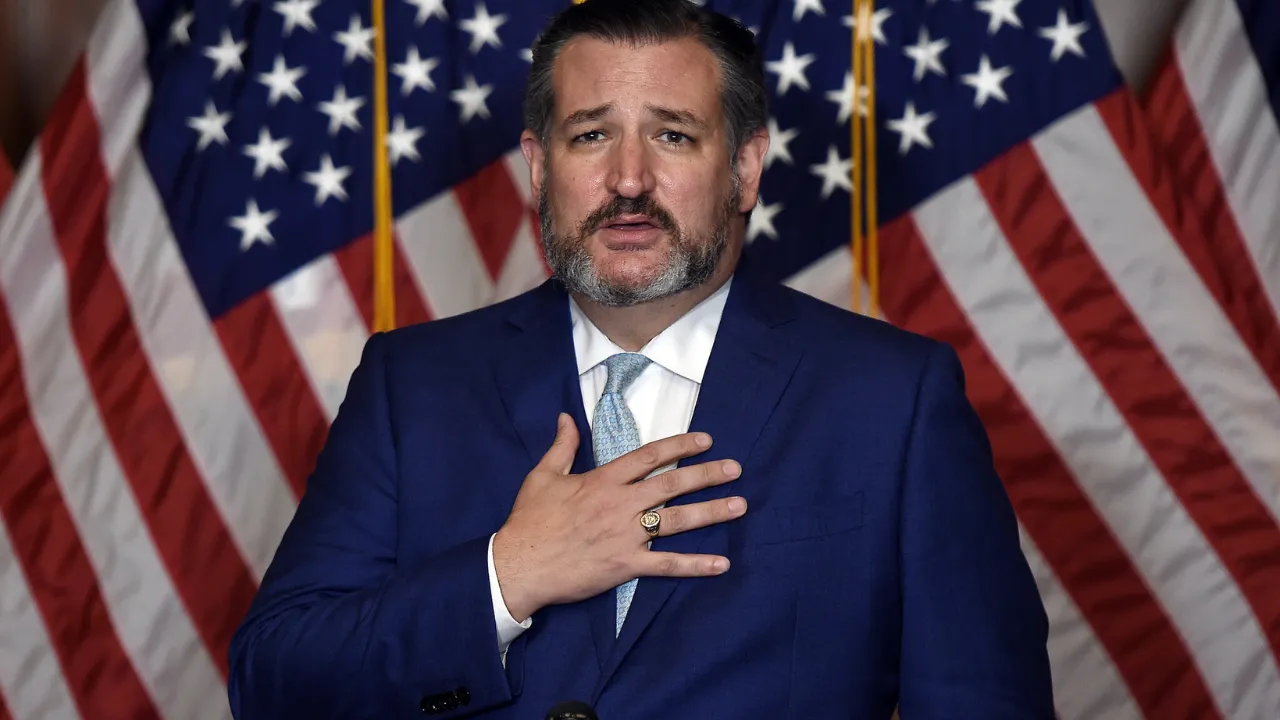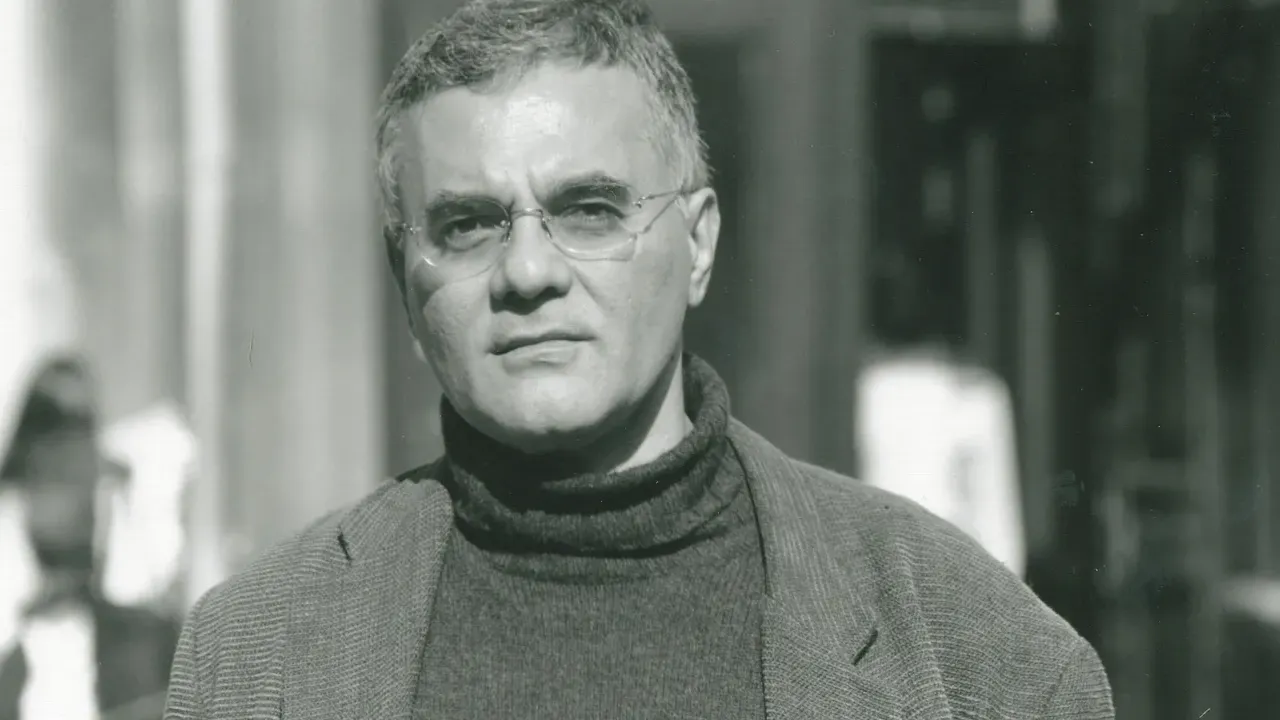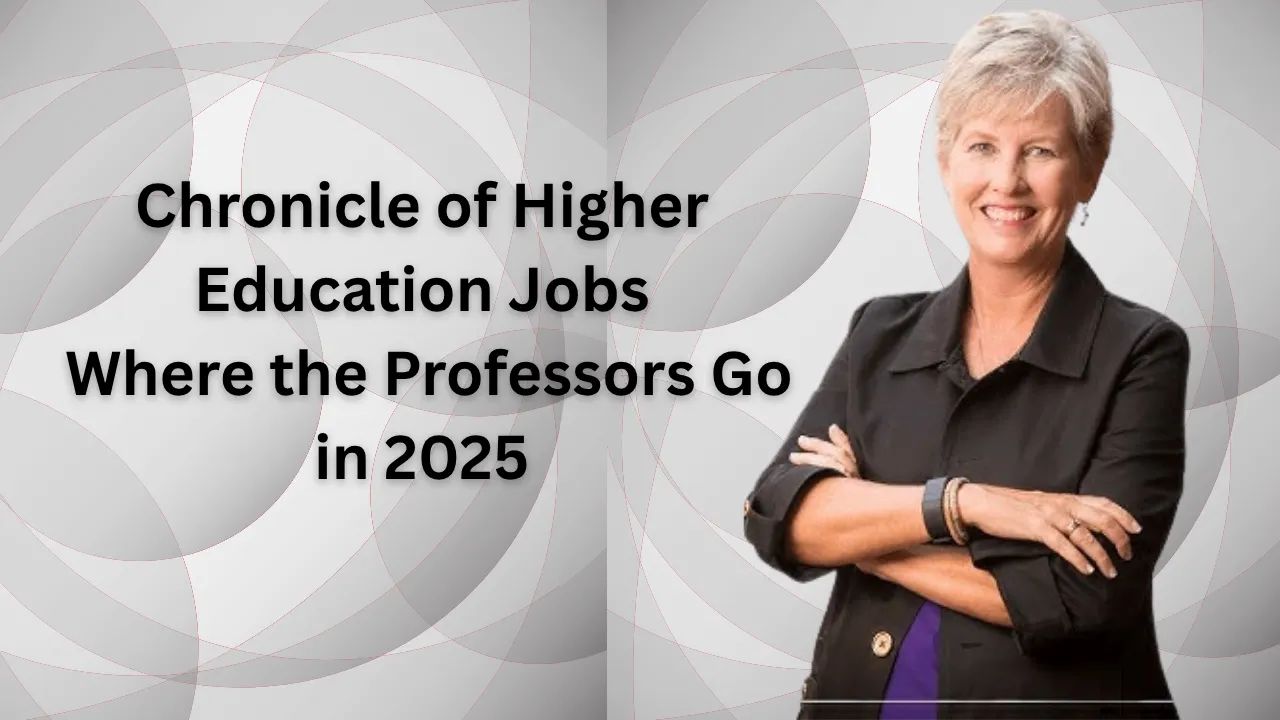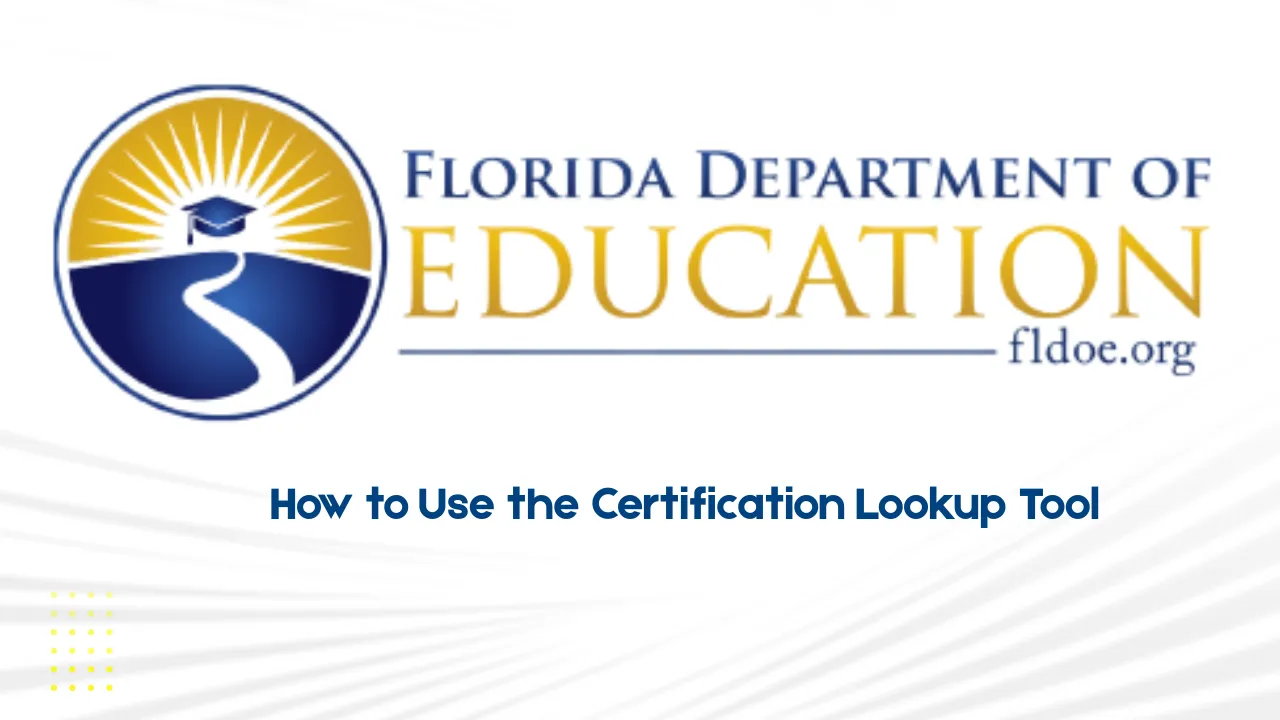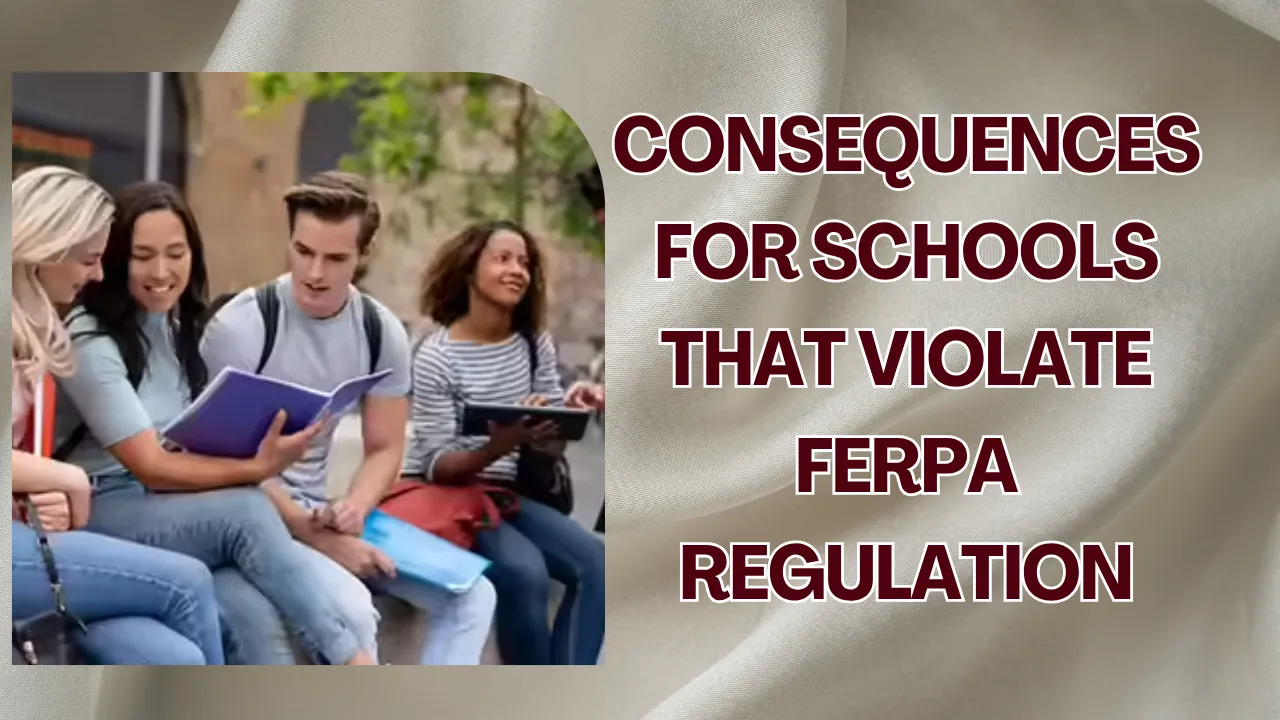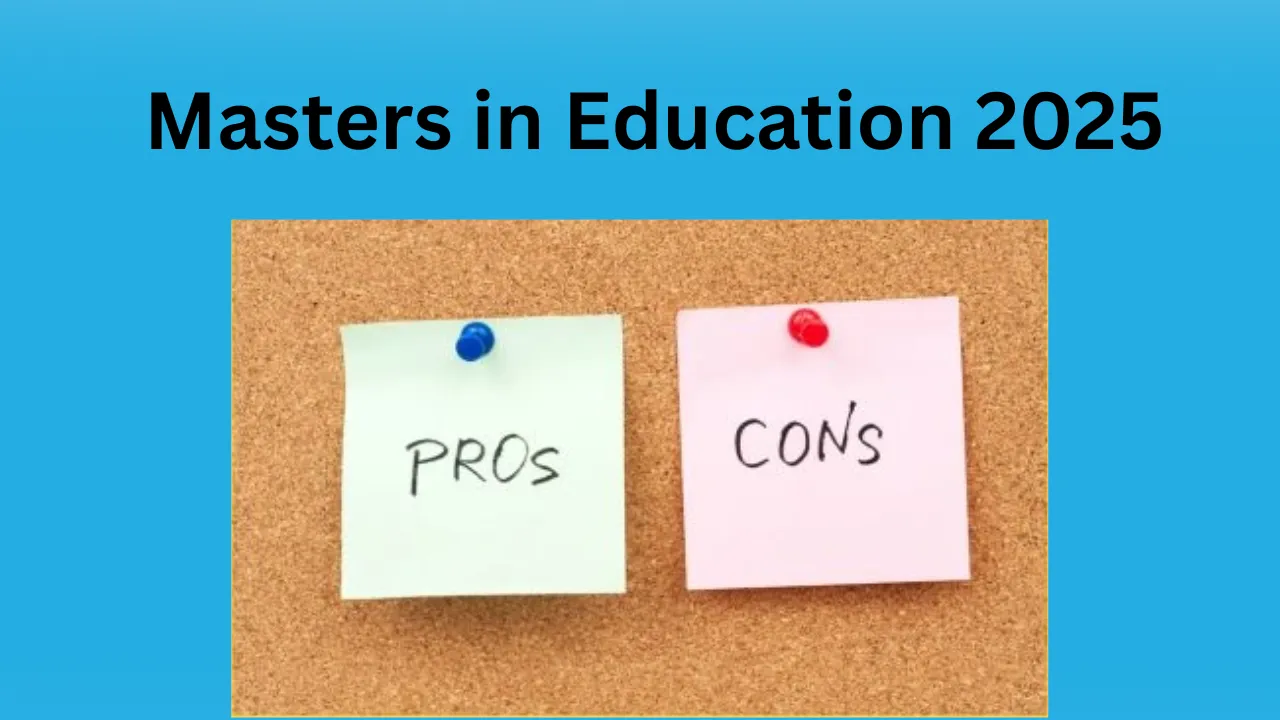Tucker Carlson: Tucker Carlson has emerged as one of the most influential figures in modern conservative media. As the long-time host of Tucker Carlson Tonight on Fox News, he shaped political narratives around immigration, race, and media bias. His departure from Fox in 2023 stirred debate, but his impact on American discourse remains solid.
To understand Carlson’s worldview, it helps to explore his intellectual roots. But behind the strong views and viral moments lies a less-discussed foundation: his academic background. As debates around media credibility and intellectual consistency continue, examining his education offers a fresh angle on what drives his public persona.
Tucker Carlson
Tucker Carlson earned a Bachelor’s degree in history from Trinity College in Hartford, Connecticut. He attended St. George’s School, an elite boarding school in Rhode Island, where he first encountered rigorous academic standards and conservative cultural norms. While his education in history gave him tools for critical thinking and contextual analysis, his public rhetoric often follows a different script—one marked by bold assertions and cultural critique rather than scholarly nuance. This contrast raises a key question: does his academic past genuinely inform his media positions—or merely serve as decoration?
Overview Table
| Aspect | Details |
| Full Name & Birthplace | Tucker Swanson McNear Carlson; born 1969 in San Francisco |
| High School | St. George’s School, Rhode Island |
| College | Trinity College – BA in History |
| Early Career | Fact-checker, writing for conservative journals, including Policy Review |
| TV Career | CNN (Spin Room, Crossfire), MSNBC (Tucker), Fox News (TC Tonight) |
| Digital Ventures | Co-founded The Daily Caller, podcast host, X show |
| Controversies | Immigration, race, COVID-19, 2020 election claims, audio recordings |
Does His Education Align with His Views?
Carlson’s history degree should, in theory, encourage measured thinking. History majors learn to cross-reference sources, recognize complexity, and avoid sweeping generalizations. But Carlson’s style prioritizes narratives over nuance, culture over context. His views on immigration, race, and media often simplify complex issues into emotional arguments.
This divergence suggests his education served more as a credential than a guiding principle. He wields his academic background as a shield of credibility, even when rhetoric contradicts scholarly standards. It’s a reminder that formal learning influences viewpoints differently—some use it to explore complexity, others to amplify conviction.
Early Life and Education
Carlson’s formative years took place in La Jolla, California, after his parents divorced. He benefited from elite educational settings: St. George’s School offered rigorous academics and cultural influence. Later, Trinity College immersed him in history—literature, political development, and critical thinking. This backdrop honed his analytical abilities and awareness of global historical patterns.
Yet academic study encourages nuance, multiple perspectives, and evidence-based arguments. On television, his commentary often favors cultural narratives and direct messaging over balanced analysis. The tension between his formal learning and public communication reveals how education can be warped by media dynamics.
Career in Journalism and Television
After his history degree, Carlson initially sought a CIA career before shifting to journalism. His time at Policy Review and The Weekly Standard polished his writing. He gained visibility through appearances on TV networks discussing politics and culture.
He first hosted The Spin Room on CNN, then co-hosted Crossfire, where his combative style triggered criticism from Jon Stewart for “political theater.” A stint at MSNBC followed before Carlson joined Fox News in 2009, where he swiftly grew to prominence. In 2016, Tucker Carlson Tonight debuted, becoming one of cable news’s most-watched shows—fueled by intense monologues, cultural analysis, and appeals to conservative viewers.
Rise—and Fall—of Tucker Carlson Tonight
TC Tonight soared on cultural commentary and nationalist persuasion. Carlson’s monologues struck a chord with many who felt alienated by mainstream media. His sharp framing of immigration, nationalism, and culture wars became a rallying point for conservative audiences.
But in 2023, the show faltered after Fox News agreed to pay $787.5 million over false election claims. Carlson’s private messages contradicted his on-air statements—exposing the tension between off-air doubt and on-air messaging. His exit highlighted the gap between personal belief, institutional messaging, and audience expectations.
Other Allegations and Post-Fox Life
Carlson’s career has not been without controversy. Audio surfaced revealing derogatory remarks targeting minorities and women. The Daily Caller, his co-founded platform, also published conspiracy-laden and provocative content.
After Fox, Carlson launched shows on platforms like X and podcasts. One high-profile move involved interviewing Vladimir Putin in 2024—sparking criticism for failing to press on human rights issues, but demonstrating Carlson’s commitment to bypassing mainstream media.
Life After Fox and Ongoing Influence
Despite leaving Fox, Carlson remains a central figure in conservative media. His online shows and podcast maintain loyal audiences. He continues to shape cultural narratives, tapping into nationalist and populist currents.
His influence extends through his family as well—his son Buckley entered public service as a press secretary. Carlson’s legacy, then, is more than TV ratings—it’s the continuation of a worldview across platforms and generations.
Conclusion
Tucker Carlson’s journey illustrates a key point: education does not always shape public rhetoric. While his academic training offered tools of critical analysis and historical perspective, his public persona often emphasizes cultural identity and provocation. His career shows how media personalities navigate the line between intellectual discipline and persuasive storytelling.
Whether informed by history or steered by audience appeal, Carlson’s approach challenges viewers to evaluate the gap between formal credentials and ideological messaging. Ask yourself: does a background in history guarantee balanced commentary? Carlson’s example suggests not—and reminds us to appreciate nuance in the voices we trust.
Final Thought & Call to Action
Tucker Carlson’s story urges us to question the relationship between education and public influence. Does your favorite commentator use their schooling to inform—or to persuade? Share your thoughts below. Dive deeper into his early essays, contrast them with recent commentary, and ask: are we hearing a history graduate—or a media strategist? Join the conversation and let’s unpack how education shapes our public voices—and what that means for informed discourse.

